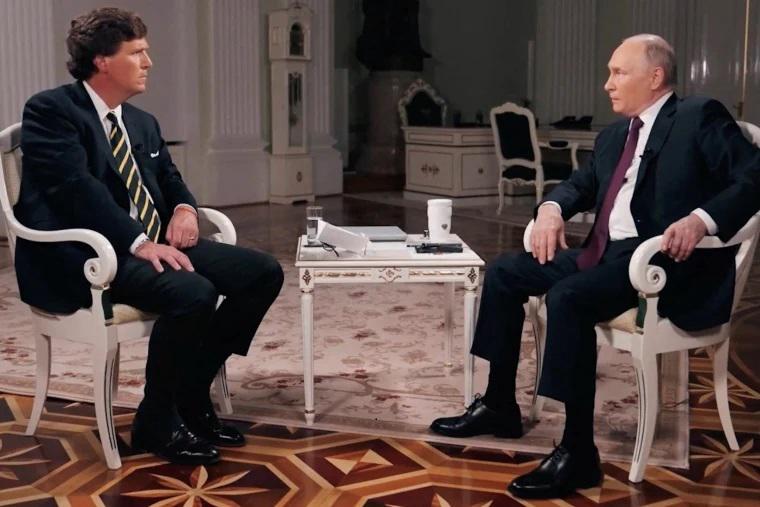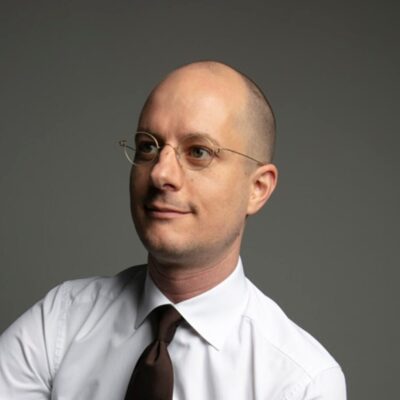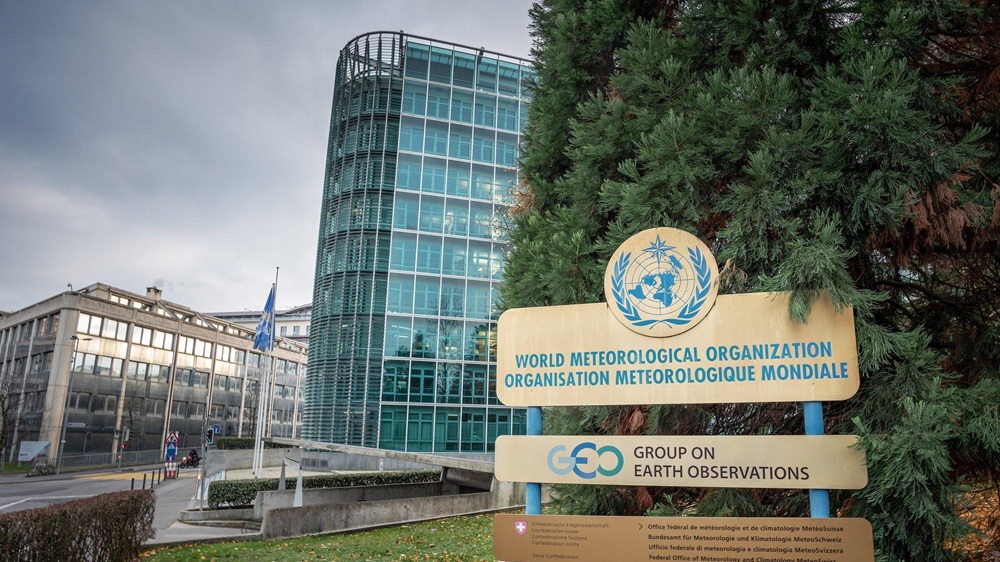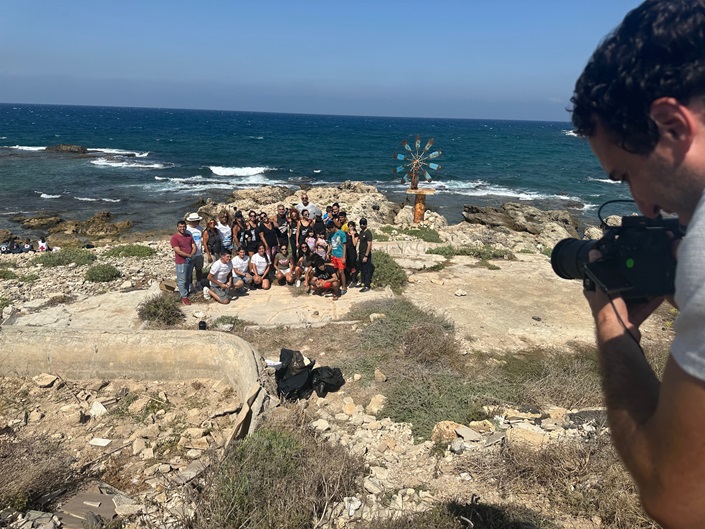
Why do we all become so upset over non-mainstream viewpoints? Since the so-called COVID-19 pandemic, global matters have been black or white. There is no more room for debate in the grey. The latest episode in this international politically correct play became evident after the interview American journalist Tucker Carlson held with Russian President Vladimir Putin last week. The aftermath showed Western hypocrisy at its best.
By Wouter van der Wiel
The COVID-19 era revealed a glaring truth thanks to the media: a massive, absurd division between permissible thoughts and behaviors emerged. This “prescribed behavioral code of conduct” was shamelessly imposed by mainstream media outlets and online platforms, including exclusion, cancellation, and limitations on free speech. This "code of conduct" has insidiously permeated our daily lives, infiltrating even our most intimate family interactions.
My personal experience of being excluded from social activities for not complying with vaccination and track-and-trace systems taught me firsthand what social exclusion and discrimination feel like.
This narrative recounts firsthand experiences with the COVID crisis and subsequent global crises, such as the conflicts between Ukraine and Russia and Palestine and Israel. A binary framework, either in support or opposition, characterizes both disputes.
Democracy, echoing back to ancient Greece, empowers society through self-governance. It fosters common ground, nurturing literature, art, and scholarly pursuits amid conflicts.
However, while science aims for accuracy, it's inherently human, subject to limitations, guided by the principle 'true until proven otherwise.'
Lawyers, akin to scientists, meticulously gather evidence, relying on precedent and case law.
Yet, unlike science's pursuit of objective truth, law entails interpretation within legal frameworks. Subjective factors may influence legal decisions, contrasting with science's quest for impartiality. In this nuanced interplay, democracy thrives on open debate, listening, and research, where law and science converge with common sense as guiding beacons.
Democracy, echoing back to ancient Greece, empowers society through self-governance. It fosters common ground, nurturing literature, art, and scholarly pursuits amid conflicts.
However, while science aims for accuracy, it's inherently human, subject to limitations, guided by the principle 'true until proven otherwise.'
Lawyers, akin to scientists, meticulously gather evidence, relying on precedent and case law.
Yet, unlike science's pursuit of objective truth, law entails interpretation within legal frameworks. Subjective factors may influence legal decisions, contrasting with science's quest for impartiality. In this nuanced interplay, democracy thrives on open debate, listening, and research, where law and science converge with common sense as guiding beacons.
Reflecting on historical events and information often overlooked in Western media, I feel disheartened. Having lived outside the West for over 15 years, I witnessed the one-sidedness of Western media, somewhat akin to propaganda, underscoring our current state and highlighting the collective neglect of common sense in the West.
I have lived in Russia for over a decade and have resided in Southeast Asia and Vietnam for five years. As a Dutchman, it is unfortunate how rapidly Western European society has changed, especially since 2019.
For example, while we eagerly speak about democracy and freedom in the West, my country, The Netherlands, has shifted towards becoming a more regulated and controlled society compared to Russia and Vietnam. In Holland, we pride ourselves on democracy; we have started witnessing censorship, a trend that the EU actively embraces.
What Tucker Carlson and President Putin excel at is dialogue, showcasing the emotional reaction from someone with a typical Western mindset like Tucker's. What I appreciate about the discussion is its historical perspective, reflection on events, and presentation of factual information that is easily verifiable.
The hypocritical reactions in both Europe and the United States also highlight how much Putin is demonized despite his openness toward the West, especially Europe. From a Dutch perspective, I can see my country remaining rigid and stuck in its narrative, continuing down a self-destructive path like many other EU countries with them.
I struggle to comprehend why we, as a society, readily and swiftly embrace predefined narratives without question. Why do we feel compelled to take sides so quickly? Where is our common sense, our willingness to engage in dialogue that could prevent or halt conflicts?
Doing so could avert the loss of countless lives directly and indirectly. Why can't we approach situations with the objectivity of scientists or the legal expertise of lawyers? It's simple: listen, observe, and remain in dialogue with each other.
The more we question, the harsher the repercussions become. Similarly, the more we resist, the more cancellations ensue. What does this say? Again, why are we not questioning?
Why are we not just listening to each other?







Cheers to your blog for being a virtual carnival where joy is the main attraction. Thank you for the delightful show!
XaLCuTlxv
Thanks I have recently been looking for info about this subject for a while and yours is the greatest I have discovered so far However what in regards to the bottom line Are you certain in regards to the supply
[…] ‘The Dialogue Unveiled,' I attempted to draw attention to the concept of remaining in dialogue with each other, especially […]